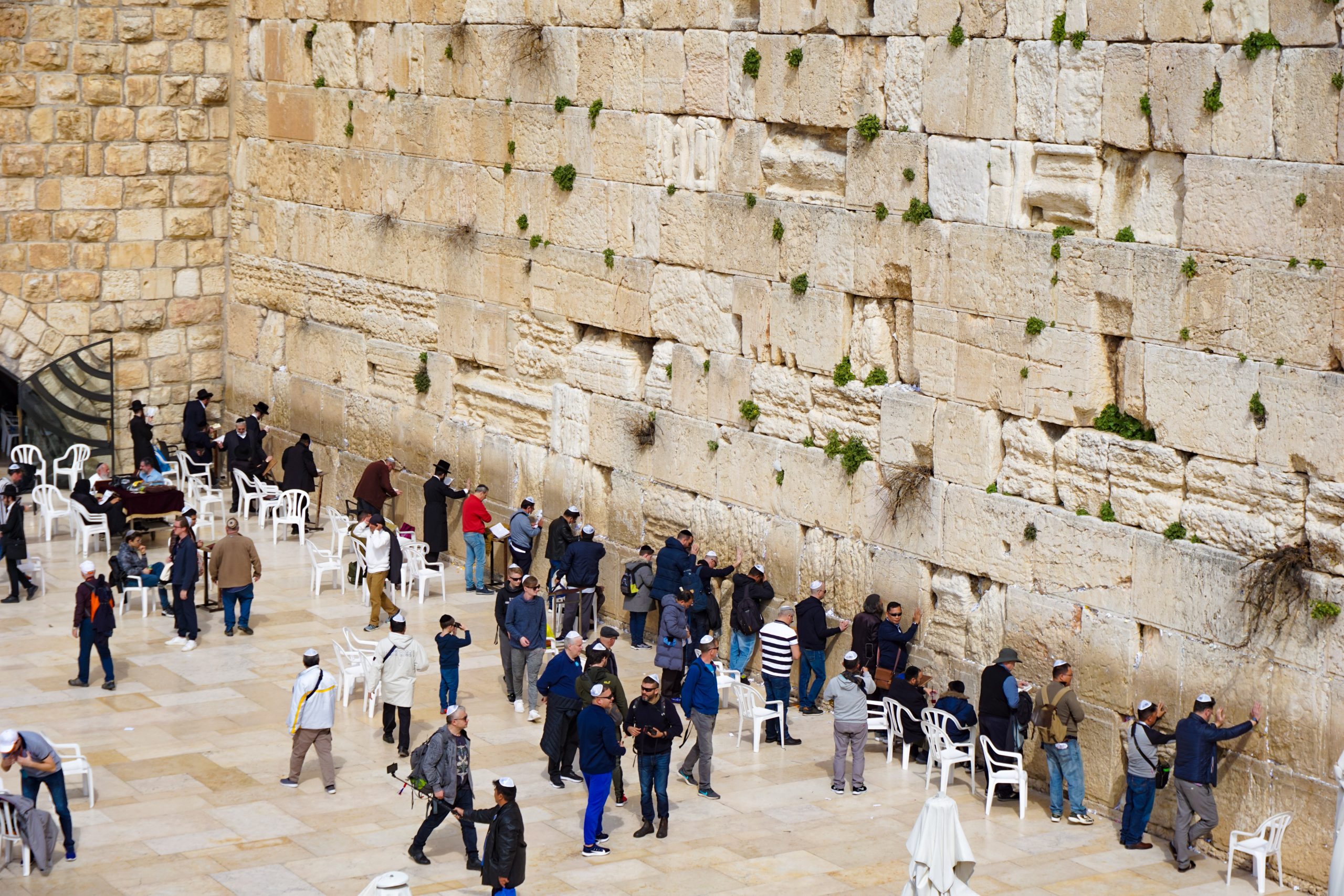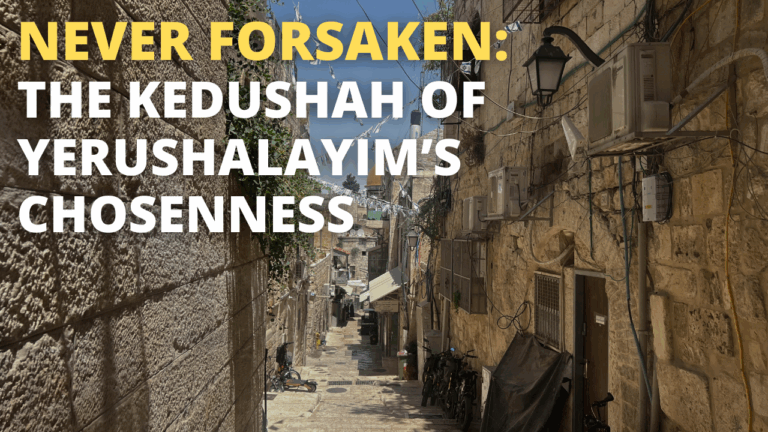Charity and the Redemption of Jerusalem
The centrality of Yerushalayim is a major theme in our parsha. For example, in the beginning of the parsha, we learn that when the Jewish people will first enter the Land of Israel they will be allowed to offer sacrifices in their own backyards. However, once the “place that God will choose” becomes revealed then such sacrifices will have to be brought to that location. Similarly, the end of the parsha emphasizes that the Jewish people will come on pilgrimage to this location on Peach, Shavu’ot and Sukkot.
Another mitzvah that receives special emphasis in the parsha is tzedakah. The negative commandment of “you shall not harden your heart” and the positive commandment of “you shall surely open your hand to give him” appear in this week’s parsha. This is part of a series of commandments that revolve around some form of charity such as loan forgiveness during the Shemitah year and sending off the Jewish slave with gifts of significant monetary value.
There are no coincidences in the Torah. The Talmud itself highlights the deep connection between Yerushalayim and tzedakah:
Ulla says: Yerushalayim is redeemed only by means of righteousness, as it is stated: “Zion shall be redeemed with justice and those who return to it with righteousness”
While there is some discussion regarding the meaning of the word “tzedakah” in this context, one prominent line of interpretation asserts that the Talmud refers to charity. Thus, we see that charity leads to the redemption of Yerushalayim.
While both the Torah itself and the Talmud underscore that charity and Yerushalayim are associated with one another, they do not explicate the conceptual underpinnings of this connection. What is it about charity that helps Yerushalayim reach it fullest potential as the ultimate place that God chooses?
Perhaps this connection reveals a foundational element about Jewish spirituality. In our parsha, Yerushalayim is highlighted as the place of the ultimate encounter with God. It is the spiritual capital of the world where a person can “see” and be “seen” by God. One would think that the portal to this experience would be some form of otherworldly meditation or religious practice to help bring a person to a higher state of consciousness.
In truth, however, it is charity that enables Yerushalayim to work its magic. Helping a poor person by sharing one’s wealth with him is a key prerequisite to unleashing the full redemptive potential of the city despite the seeming prosaicness of the act. Jewish spirituality is intimately bound with interpersonal kindness. God only “sees” a person who cares for others. This can explain the reason that Yerushalayim represents both the unity of the Jewish people and their care for each other and the union of each person with God.



